Coronary Angiography Test in Nagpur

Types of Angiography
There are several types of angiography procedures used to diagnose and evaluate various conditions in different parts of the body. Coronary angiography test focuses on the heart and coronary arteries.
Coronary Angiography
This type of angiography focuses on the coronary arteries, which supply blood to the heart. It helps identify blockages or narrowing in these arteries, aiding in the diagnosis of coronary artery disease.
Cerebral Angiography
This procedure examines the blood vessels in the brain to detect abnormalities such as aneurysms, arteriovenous malformations (AVMs), or blockages that may lead to strokes or other neurological conditions.
Peripheral Angiography
It involves imaging the blood vessels in the arms, legs, or other parts of the body outside the heart and brain. It helps diagnose peripheral artery disease by detecting narrowed or blocked arteries, aiding in treatment planning.
Renal Angiography
This procedure focuses on the blood vessels in the kidneys and helps evaluate conditions such as renal artery stenosis or kidney tumors.
Pulmonary Angiography
In this type of Angiography, The blood vessels in the lungs are examined for signs of blood clots, bronchodilator emboli or any abnormalities that affect lung circulation.
Diagnosis of Coronary Angiography
Coronary angiographic tests are used to determine the level of avascular artery disease. Based on the severity and presence of abnormalities in the heart arteries, this system produces 3D images to help diagnose blockages and guide treatment decisions like angioplasties or bypass surgery.
Our Medical Services

ECG
An electrocardiogram (ECG) is one of the only and speediest tests utilized to survey the heart. Anodes (small, plastic patches that stick to the skin) are set at certain spots on the chest, arms, and legs.
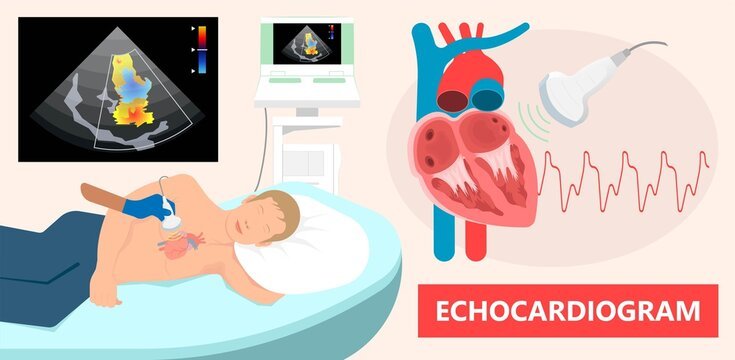
2D Echo
A two-dimensional Echocardiogram or 2D Echo test is a demonstrative test that employs ultrasound waves to evaluate the working of the heart.

Holter Monitoring
Holter monitoring measures your heart activity over an extended period, usually between 24 and 48 hours. Basically, a Holter Monitoring is a portable device which records the heart’s electrical signals.

BP Monitoring
Each time your heart beats, it pumps blood into your arteries. A blood pressure measurement may be a test that measures the force (pressure) in your arteries as your heart pumps.

Best Cardiologist in Nagpur
Introducing Dr. Chetan Rathi, a distinguished Cardiologist in Nagpur, whose eminence transcends the realm of medical proficiency.
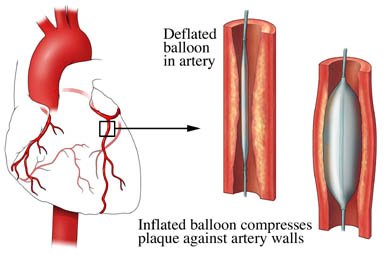
Coronary Angioplasty
Coronary angioplasty is a minimally invasive technique of abdominal artery angioplasty, which is used to treat coronary arteries that are obstructed or constricted and it is the most appropriate technique used by doctors for the treatment.
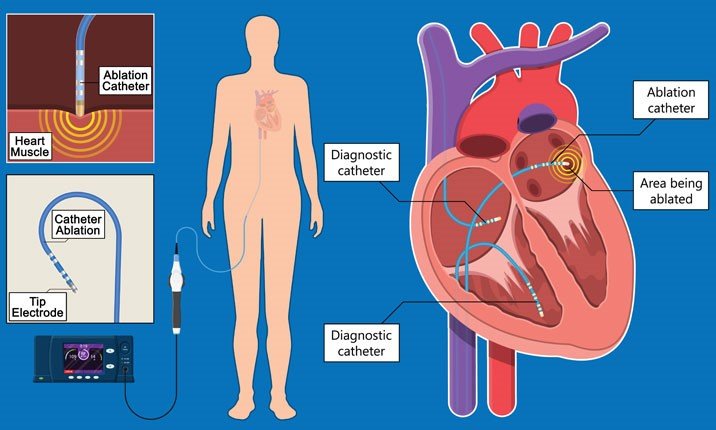
Electrophysiology Study
An Electrophysiology Study (EP study) is a test utilized to assess the heart’s electrical framework and check for abnormal heart rhythms. The natural electrical impulses coordinate the contractions of different parts of the heart.
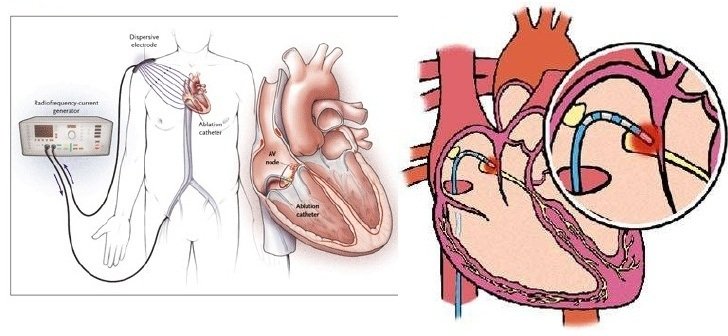
Radiofrequency Ablation
Radiofrequency Ablation (RFA) is a minimally invasive medical procedure that uses high-frequency electrical currents to generate heat, effectively destroying abnormal tissue or cells.
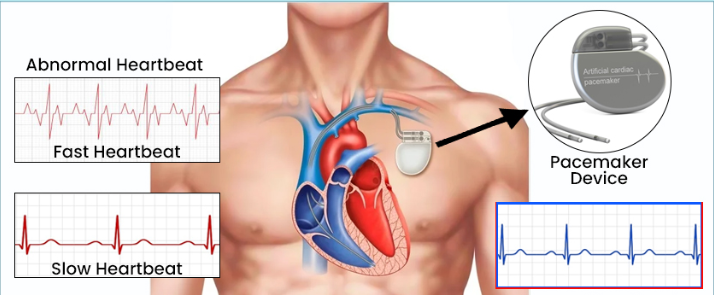
Pacemaker Implantation
Pacemakers are medical devices designed to support and regulate the electrical system of the heart, ensuring it functions properly. This medical procedure entails the insertion of a small device into the chest region.

ICD Implantation
An Implantable Cardioverter-Defibrillator (ICD) is a life-saving device that plays a crucial role in monitoring and regulating heart rhythms. It consists of a pulse generator and leads implanted in the heart.

CRT_P & CRT-D Implantation
CRT implantation is a process in which technological instruments known as CRT-P and CRT-D where p stands for pacemaker and d stands for defibrillator.

Valvuloplasty
A balloon mitral valvuloplasty is a process to extend a restricted heart valve and improve blood flow. The heart valves handle how blood drives through the heart.
Our Achievements in Numbers
Happy Patients
Years of experience
Specialisations
Hospital Associations
Awards & Recognition
Patient Testimonials
Dr Chetan Rathi sir is good cardiologist. I visited him many times with my family and friends for consult about issues related with cardiology.
Our Videos




Our Blog
 How Does Vitamin D Affect Your Heart?
How Does Vitamin D Affect Your Heart?
Vitamin D is much more than the “sunshine vitamin”; it is very important in the whole body of heart health. It works from bone health to an enhanced immunity function. Scientific studies show that this regulates cardiovascular health; therefore, it is a very great factor in preventing heart diseases and maintaining optimal heart function. This… Continue reading How Does Vitamin D Affect Your Heart?
Read More Understanding Diabetes: Causes, Symptoms, and Management
Understanding Diabetes: Causes, Symptoms, and Management
Diabetes mellitus is a chronic condition that affects the way your body processes glucose, or sugar. Unchecked, diabetes mellitus can lead to serious complications, such as heart disease and kidney damage, as well as nerve problems. Understanding the types of diabetes, the symptoms of diabetes, the causes of diabetes, and how to take care of… Continue reading Understanding Diabetes: Causes, Symptoms, and Management
Read More What Is Syncope and How Can It Be Prevented and Treated?
What Is Syncope and How Can It Be Prevented and Treated?
Syncope, also known as fainting, is a short-lived loss of consciousness which primarily results from a sudden decrease in blood flow to the brain. Although fainting can be alarming, syncope is generally not a serious condition and can be caused by a variety of reasons; however, it may indicate an underlying serious medical condition in… Continue reading What Is Syncope and How Can It Be Prevented and Treated?
Read More



